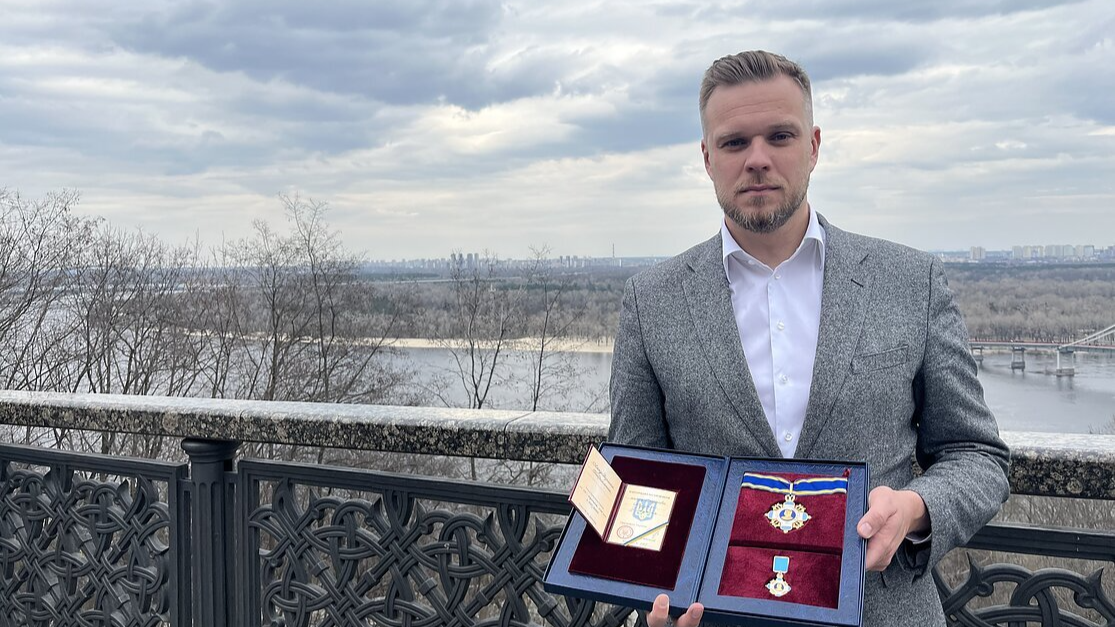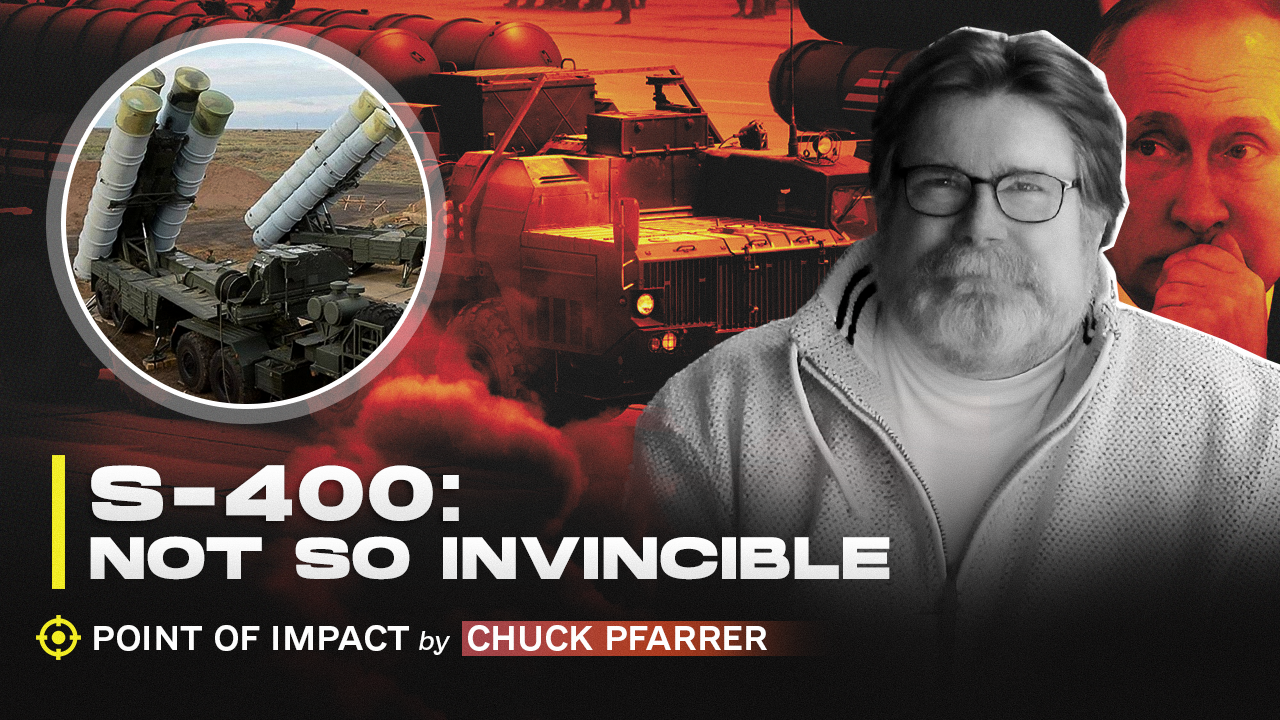You can watch Alexei Navalny's funeral and farewell service below:
Thousands of mourners gathered near a church in southern Moscow on Friday, braving the prospect of arrest to pay their respects to late Russian opposition leader Alexei Navalny at his funeral.
The ceremony comes two weeks after Navalny died in an Arctic prison. His supporters accuse Russian President Vladimir Putin of murdering his top critic and of trying to prevent him from having a dignified public burial.
JOIN US ON TELEGRAM
Follow our coverage of the war on the @Kyivpost_official.
The Kremlin, which has denied involvement in Navalny's death, warned against "unauthorised" protests around the funeral.
Some mourners shouted "Navalny" as his coffin arrived at the Mother of God Quench My Sorrows church in Maryino, where the service will be held.
The French and German ambassadors were in the crowd, as were some of Russia's last free independent politicians.
"People like him shouldn't be dying: honest and principled, willing to sacrifice themselves," said one mourner, Anna Stepanova, outside the church.
Fences had been put up around the building, but the passage was left open despite a heavy law enforcement presence and anti-riot police trucks.
"What are they afraid of? Why so many cars?" Stepanova said.
"They are so afraid themselves," she said. "The people who came here, they are not scared. Alexei wasn't either."
- 'Nothing to say' -
The burial is scheduled to take place at the Borisovo cemetery, a short walk from the banks of the Moskva River, at 1300 GMT.

US Must Address Russian Disinformation to Strengthen US Election Integrity
"Any unauthorised gatherings will be in violation of the law and those who participate in them will be held responsible," Kremlin spokesman Dmitry Peskov said according to TASS.
Some 400 mourners have been detained at memorials for Navalny since his death, rights organisation OVD-Info has said.
The dissident's widow, Yulia Navalnaya, earlier said she feared the funeral could be disrupted by further arrests.
"I'm not sure yet whether it will be peaceful or whether the police will arrest those who have come to say goodbye to my husband," Navalnaya told the European Parliament this week.
She has directly blamed Putin for his death.
Western governments have been quick to hold the Kremlin responsible but have stopped short of making direct accusations of involvement.
Putin's spokesman Peskov has criticised the accusations made by her and some Western leaders as "vulgar".
And on the day of the funeral, Peskov said he had "nothing to say" to the family of the deceased.
- Galvanised masses -
Navalny had shot to prominence through his anti-corruption campaigning, exposing what he said was rampant graft at the top of Putin's administration.
Some of the mourners mentioned the huge influence Navalny had on their own political involvement.
"Because of him I began to get involved in politics... He was the first public person that I listened to," said 26-year-old Denis, a volunteer at a charity.
Navalny was arrested in January 2021 when he returned to Russia after being treated in Germany for a poisoning attack.
"Alexei was tortured for three years," Navalnaya told lawmakers in Brussels.
"He was starved in a tiny stone cell, cut off from the outside world and denied visits, phone calls, and then even letters."
"And then they killed him. Even after that, they abused his body," she said.
His body was held in a morgue for eight days before being returned to the family, which Navalny's team believed to be a bid to cover up responsibility for his death.
- 'Ideas will live on' -
His family and his team have also accused authorities of trying to prevent a dignified public burial, fearing it could turn into a flashpoint for dissent.
Navalny's team said local investigators had threatened to bury him on the prison grounds if his mother did not agree to a "secret" funeral.
Once the body was released, allies struggled to find a place that would agree to hold a funeral ceremony, as well as hearse drivers.
And a civil ceremony allowing the general public to pay their respects to the body -- common in Russia -- has not been allowed.
Navalnaya has vowed to continue his life's work and urged to "fight more desperately, more fiercely than before."
In the crowd near the church, some seemed to agree.
"A person has died, but his ideas will live on thanks to those who have gathered here," said Alyona, a 22-year-old archaeologist who came to pay her respects.
You can also highlight the text and press Ctrl + Enter









